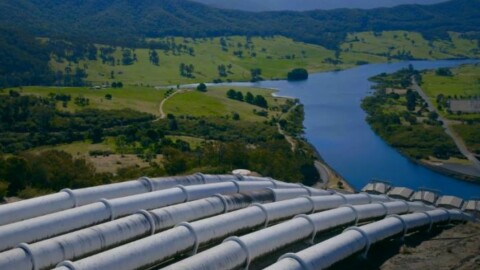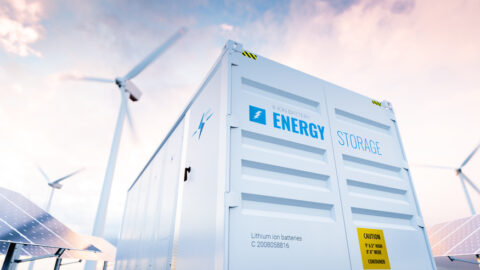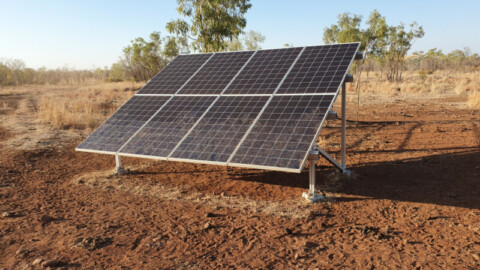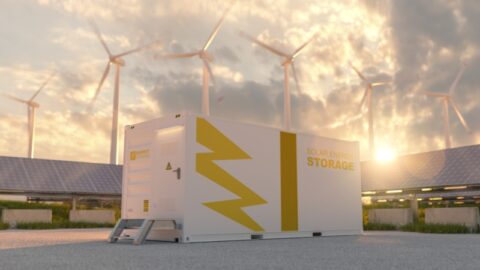The first stage of the East Coast Grid expansion has completed construction and is set to boost energy security by providing increased gas supply, which will help support Australia as it continues its energy transition.
Stage one works included the construction of a single site of compression on both the South West Queensland Pipeline and Moomba Sydney Pipeline. Stage two works commenced in May 2022 and are expected to be complete by winter 2024.
APA Chief Executive Officer and Managing Director, Adam Watson, said the business’s decision in 2021 to invest in a 25 per cent expansion of the East Coast Grid is already delivering essential capacity to customers and southern markets, particularly in the peak winter periods.
“Two years ago, we could see there was going to be a need for greater gas transmission capacity for the northern producers delivering gas to the southern markets. We wanted to get ahead of this demand to ensure we could support the needs of our customers and our communities,” Mr Watson said.
“The first stage of our East Coast Grid expansion is now complete, with the second stage under construction and expected to be complete in readiness for the growing winter demand in 2024.
“In this financial year alone, APA will have invested more than $340 million across a range of projects, including the East Coast Grid expansion, to facilitate increased gas supply to meet peak demand in southern markets.
“These are critical investments that we are making now, recognising the vital role APA plays as a leading Australian energy infrastructure business to deliver additional energy security ahead of forecast supply shortfalls in a cost-effective way.”
Construction on the South West Pipeline expansion is expected to be completed by August 2023, followed shortly after by the completion of the Western Outer Ring Main (WORM) gas transmission project, further boosting capacity across the region.
“When completed, these projects will further enhance system capacity, reliability and security of supply to Victorian households and businesses, as well as supporting the gas-fired power generation that is essential for backing in and backing up renewables,” Mr Watson said.
“It is so important that as a nation, we continue to invest in domestic gas as the most secure, affordable and low emissions pathway to accelerate the energy transition and build out more renewables.
“We’ve demonstrated the benefits of an efficient incremental approach to increasing supply with our staged expansion, but these investments were only possible because of the existing regulatory environment and an assumption that this will continue into the future.
“Governments need to ensure the right regulatory environment is in place to promote the necessary investment required to achieve our nation’s ambitions and ultimately ensure the transition is orderly.”















